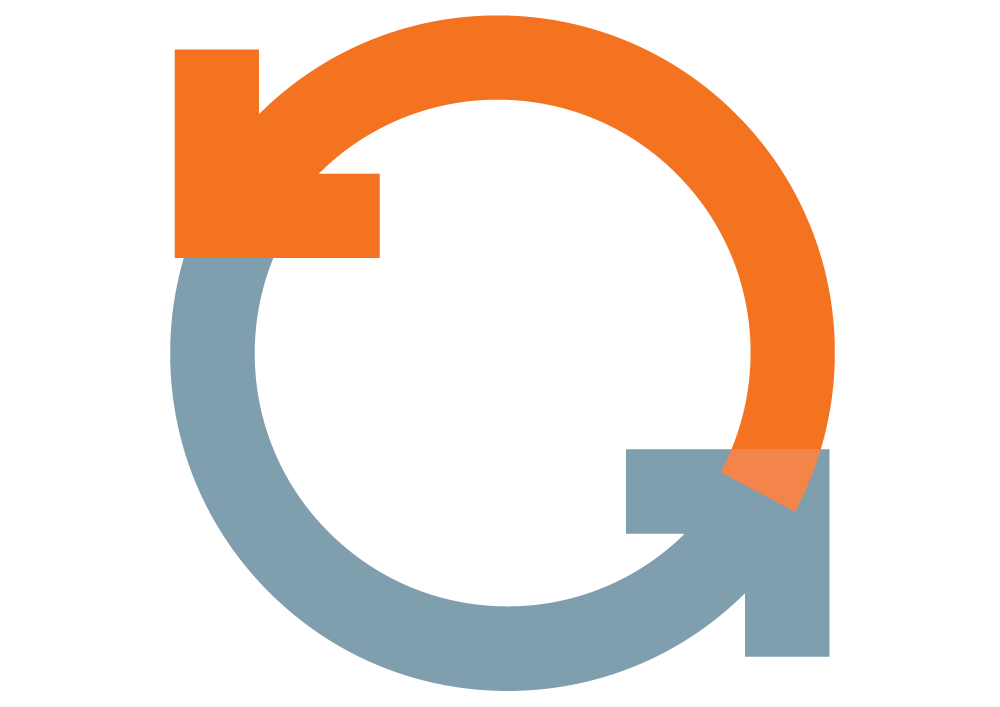Prohibition on the destruction of unsold non-food products
Published on 1st December 2021
A ban initially limited to food products
The ban on the destruction of unsold food products was introduced by Law N°2016-138 dated 11 February 2016 on the fight against food waste. This law provides for (i) the obligation for food stores of more than 400m2 to offer to enter into a donation agreement with associations for the recovery of their unsold edible food and (ii) the prohibition for food distributors to make unsold edible food unfit for consumption.
This law also introduced a hierarchy of actions to fight against food waste (prevention, donation or transformation for human consumption, recovery for animal feed and energy, and destruction as a last resort).
Law N°2020-105 of February 10, 2020 on the fight against waste and the circular economy (known as the "AGEC" law) adopted a similar model for non-food products.

Obligation to reuse unsold non-food products
According to the website of the Ministry of Economy, about 630 million euros worth of products are destroyed each year.
In order to fight against this waste, the AGEC law introduced an additional article into the Environmental Code, obliging producers, importers and distributors of new non-food products to reuse them.
This obligation of re-use implies :
- Firstly, to reuse these products and, in particular, basic necessity products (e.g. clothes), by giving them to associations which try to reduce social vulnerability and poverty and to organizations benefiting from the "social utility enterprise" licence.
- Secondly, to reuse them after repair, cleaning or control (réemploi).
- Finally, if neither of these obligations are possible to perform, producers, distributors or importers shall be obliged to recycle the products in question.
As an exception, reuse is compulsory for hygiene and childcare products (soap, shampoo, sun care products, toothpaste, diapers, etc.), unless their minimum durability date is less than three months or if there is no possibility of reuse after contacting associations and social organizations.
These obligations also fall on platforms such as marketplaces when they store the products.
Failure to comply with these obligations is punishable by an administrative fine of up to €3,000 for individuals and €15,000 for companies.
Products that are not subject to the reuse obligation
Producers, importers and distributors of the following products are not bound by the reuse obligations:
- Products whose material recovery is prohibited, whose disposal is required or whose reuse and recycling involve serious health or safety risks; or
- Where the conditions necessary to achieve reuse or recycling do not meet the objective of sustainable development. To benefit from this exemption, products must cumulatively meet the following criteria:
- There is no market or demand for products having the same main functions and features as the unsold product, or these products are no longer placed on the market ;
- There is no recycling facility for the materials that make up the majority of these products that would accept to recycle them, or these products cannot be recycled under conditions meeting the objective of sustainable development. The conditions of application of this criterion are set in article R.541-323 of the Environmental Code.
Entry into force
These measures enter into force :
- On January 1, 2022 for products that were already subject to the “extended producer responsibility” principle before the AGEC law (e.g. furniture products, clothing textiles, electrical and electronic equipment, batteries etc.)
- On December 31, 2023 for other products.





